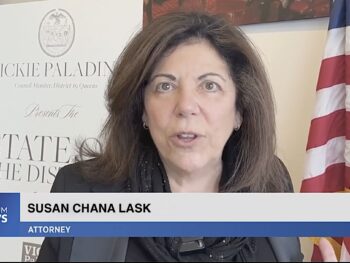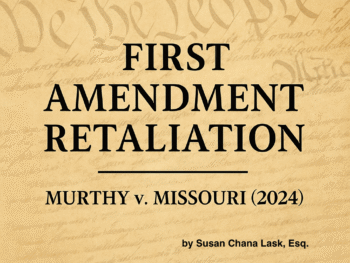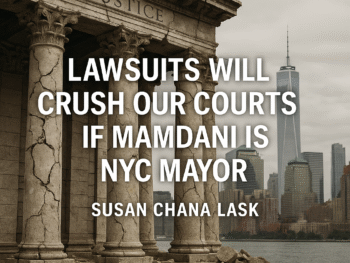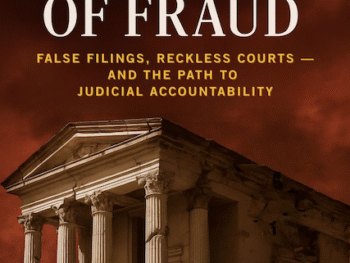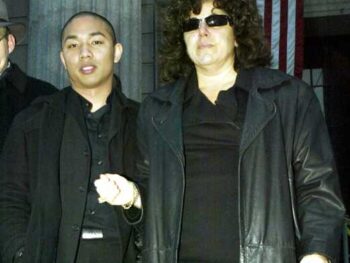Supreme Court to decide jail strip search case
WASHINGTON, April 4 (Reuters Legal) – The Supreme Court said on Monday that it would decide whether a jail policy of strip searching every individual arrested for any minor offense violated constitutional privacy rights.
The high court agreed to hear an appeal by Albert Florence, who was strip searched twice at two different New Jersey jails over a six-day period after his arrest on a warrant for a traffic fine he had already paid.
He said in his lawsuit that the conduct at the two jails violated his constitutional rights.
The 3rd Circuit court of appeals disagreed and ruled it was reasonable to search everyone entering the jail, even without suspicion of criminal activity such as concealing weapons or contraband.
The Supreme Court last addressed a similar issue in 1979, when it upheld strip searches of all prisoners at a facility in New York after contacts with visitors.
The latest case dated back to March of 2005, with Florence in the passenger seat of his BMW when a New Jersey state trooper pulled the vehicle over for speeding. His wife was driving.
The officer conducted a records search, which showed that Florence had an outstanding warrant for an unpaid fine.
Florence gave the officer a letter showing he had paid the fine, but he was arrested anyway and taken to the Burlington County jail, where he was strip searched the first time.
He later was transferred to a Newark jail in Essex County, where the warrant had been issued, and was strip searched again. The next day, Florence had a hearing before a judge who ordered his immediate release.
The Supreme Court will hear arguments in the case and is expected to rule in its upcoming term that begins in October.
The Supreme Court case is Florence v. Board of Chosen Freeholders of the County of Burlington et al, No. 10-945.
For Florence: New York lawyer Susan Lask.
For the Board of Chosen Freeholders of the County of Burlington et al: Alfred Putnam of Drinker Biddle & Reath.
(Reporting by James Vicini of Reuters; Additional reporting by Terry Baynes of Reuters Legal)


